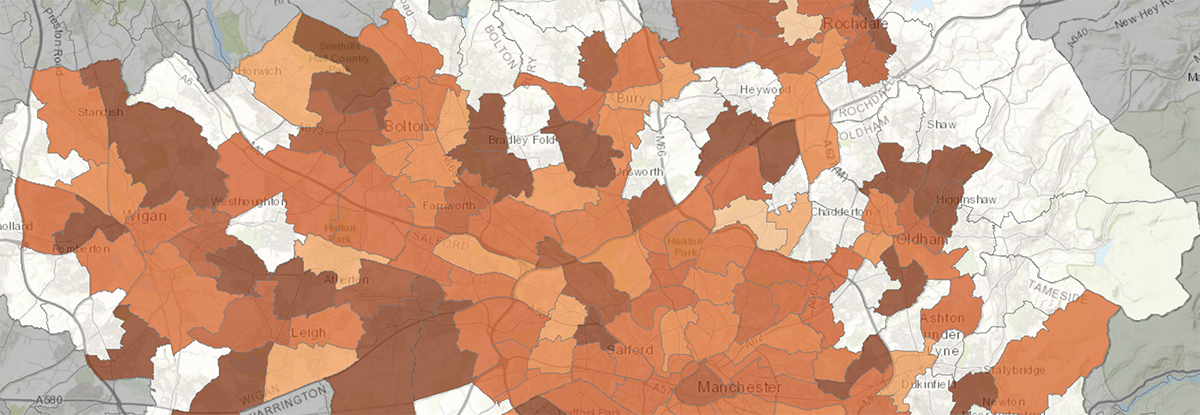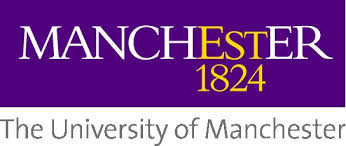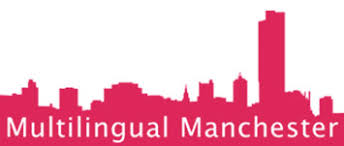
About the Data Tool
Global cities around the world are linguistically diverse: people move into cities from a variety of regions and countries and bring with them their languages. Modern communication technologies, cheap and easy travel, and an acceptance of multiple identities allow people to maintain their home languages alongside that of the majority population of the places they moved to. In this way, cities become and remain linguistically diverse. This brings challenges and opportunities: Public services need to take language into consideration in order to ensure equal access. Local culture is enriched, while an effort is needed to ensure understanding and mutual respect among population groups. Employers stand to benefit from the language skills of the local workforce, and multilingual residents can facilitate global outreach for the benefit of the city as a whole. A diverse city is attractive to visitors, skilled workers, students, and investors.
The rapid dynamics of population change in global cities means that local institutions need to carefully monitor data in order to be able to assess language needs and identify language skills. Such data monitoring is a key to effective management of resources for language provisions, and to harnessing the cultural and skills potential.
The Multilingual Manchester Data Tool brings together a variety of datasets in order to help stakeholders obtain a differentiated picture of the use of multiple languages in the city. The vision behind the tool aligns itself with Manchester’s ambition as outlined in the city council’s ‘Our Manchester 2025’ strategy to be a leading digital city, which relies on technology and digital platforms to support new ways of providing services and engaging people. It is part of the University of Manchester Social Responsibility strategy, which promises to support research that makes a difference to society and to tackle and understand problems relating to equality and diversity, sustainability, ethics and social justice.
The Data Tool is primarily a repository of datasets collected by a variety of institutions and public service providers and shared with us for the purpose of documentation and analysis. Its future value and utility will depend on the continuing engagement of stakeholders and their willingness to maintain high standards of data compilation and archiving and to share datasets. The Data Tool is strictly compliant with data protection legislation as well as research ethics guidelines. No data is collected on named individuals and no data is published on local service outlets such as individual schools or medical centres without explicit consent.
The MLM Data Tool was created in 2017-2018 with support from the Arts and Humanities Research Council’s consortium ‘Cross-Language Dynamics: Re-Shaping Community’ under the Open World Research Initiative.
Project coordinator: Professor Yaron Matras
Research Associate: Dr Huw Vasey




